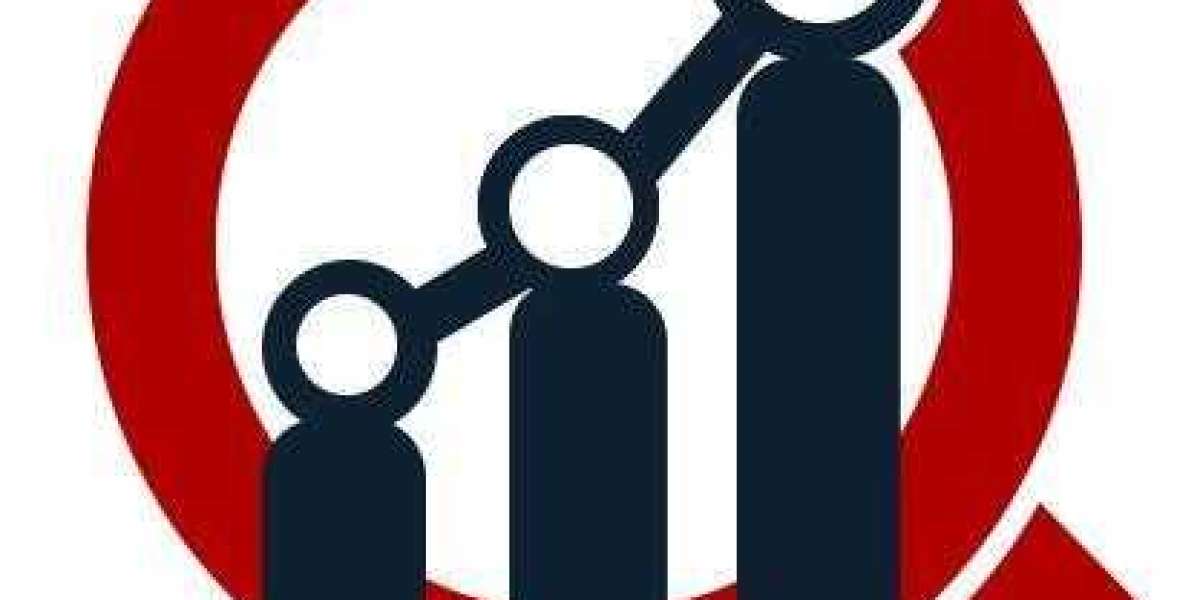Mailchimp vs HubSpot are both popular marketing platforms, but the "better" choice depends on your specific business needs, goals, and budget. Let's compare key aspects of each platform to help you decide:
1. Features and Functionality:
- Mailchimp: Primarily known for email marketing. Offers drag-and-drop email builder, automation workflows, basic CRM, landing pages, and audience segmentation. It's user-friendly and cost-effective for email campaigns.
- HubSpot: Offers a suite of marketing, sales, and service tools. Includes CRM, email marketing, social media management, landing pages, marketing automation, analytics, sales pipeline management, and customer service tools.
2. User Interface and Ease of Use:
- Mailchimp: Simple, intuitive interface. Easy for beginners to create email campaigns and landing pages without much technical expertise.
- HubSpot: User-friendly interface but with a steeper learning curve due to its comprehensive suite of tools. Provides in-depth analytics and reporting.
3. CRM Capabilities:
- Mailchimp: Basic CRM features to manage customer data and segmentation but lacks advanced sales pipeline management.
- HubSpot: Comprehensive CRM with lead management, contact organization, sales automation, and robust pipeline management, allowing seamless alignment between marketing and sales teams.
4. Integration and Scalability:
- Mailchimp: Offers various integrations with third-party tools but may have limitations in scalability for comprehensive business needs.
- HubSpot: Strong integration capabilities across various platforms and scalable for growing businesses. Provides an ecosystem of tools that work seamlessly together.
5. Pricing:
- Mailchimp: Offers a free plan with limited features. Paid plans scale based on subscriber count and features needed.
- HubSpot: Starts with a free CRM and basic marketing tools. Paid plans are tiered and can be more expensive, especially for access to more advanced features.
6. Support and Training:
- Mailchimp: Offers email and chat support for paid plans. Limited phone support. Provides online resources and guides.
- HubSpot: Extensive knowledge base, community forums, and comprehensive support. Includes training resources, certifications, and webinars.
7. Target Audience:
- Mailchimp: Suited for small to mid-sized businesses looking primarily for email marketing solutions.
- HubSpot: Suitable for businesses of various sizes seeking an all-in-one marketing, sales, and service platform.
Consider your specific business requirements, marketing goals, scalability needs, budget constraints, and the level of complexity in your marketing strategy when choosing between Mailchimp and HubSpot. Both platforms offer distinct advantages, so assessing your priorities will help determine which aligns best with your business needs.













